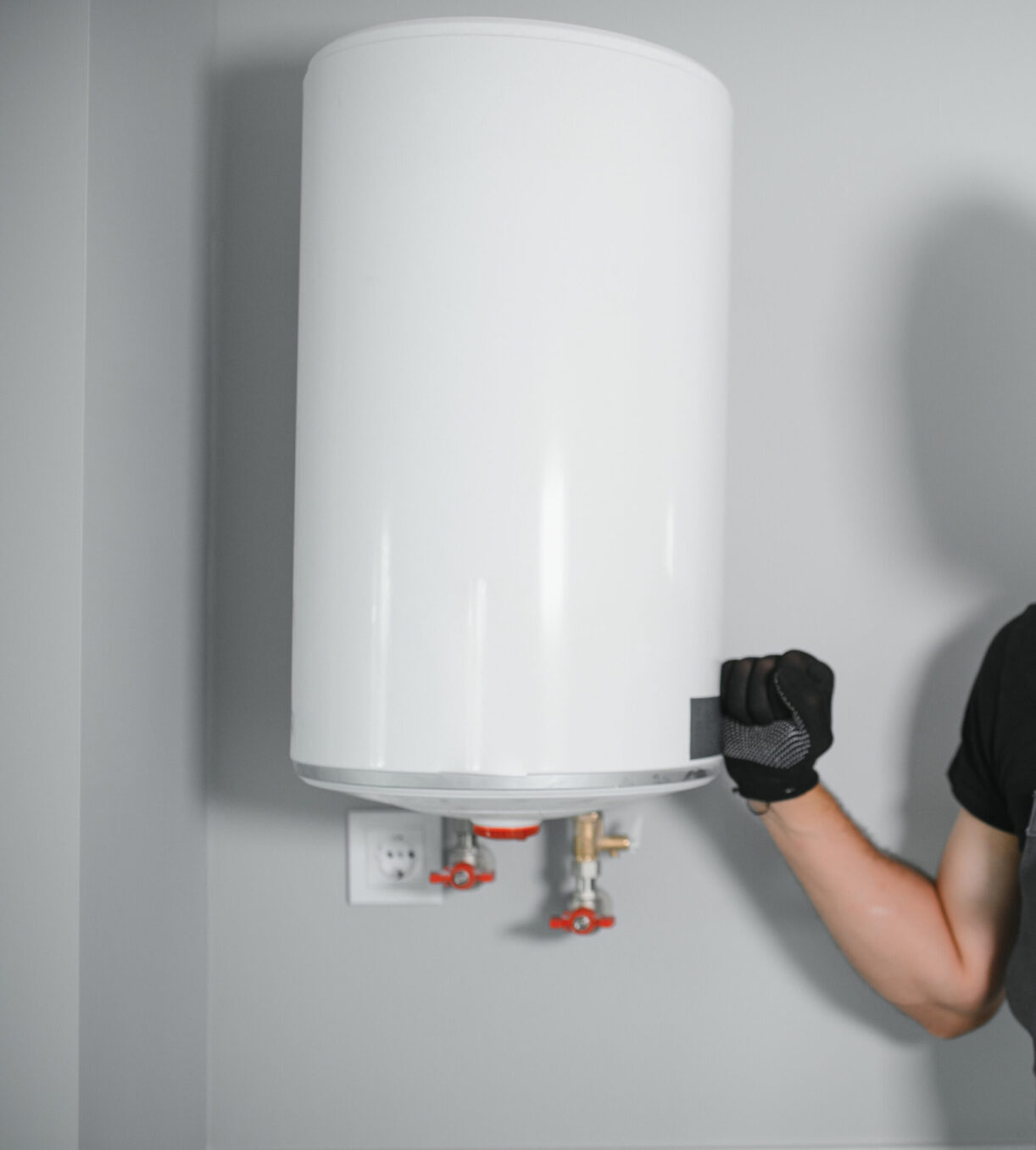Should You Repair or Replace a Leaky Water Heater?

A leaky water heater is more than just a minor inconvenience. If not addressed quickly, it can lead to significant water damage, increased utility bills, and even safety hazards. But when faced with a leak, many homeowners wonder: Should I repair my water heater or replace it entirely?
At Shane Elmore Plumbing, we help homeowners in Bowling Green and Glasgow, KY, make the best decision for their needs and budget. In this guide, we’ll discuss the common causes of leaks, when repairs are possible, when replacement is the better option, when you need an emergency plumber, and how to prevent future leaks.
Common Causes of a Leaky Water Heater and How to Spot Them
A leaky water heater can result from various issues, some minor and repairable, while others indicate serious damage. Understanding the source of the leak can help determine whether a repair or replacement is needed.
Common Causes
- Loose connections or fittings: Water supply lines can loosen over time, allowing small leaks to form around inlet and outlet connections.
- Faulty temperature & pressure (T&P) relief valve: This safety valve releases excess pressure, but if it malfunctions, it can cause water to drip from the relief pipe.
- Sediment buildup and corrosion: Mineral deposits from hard water can accumulate inside the tank, accelerating rust and leading to leaks.
- Cracked tank: If the inner tank is damaged due to age or excessive pressure, it may develop persistent leaks that cannot be repaired.
- Worn-out drain valve: A failing drain valve may drip water, which can sometimes be fixed by tightening or replacing it.
How to Identify a Leak
- Check for standing water around the base of the unit.
- Inspect fittings and pipes for moisture buildup.
- Listen for unusual hissing or dripping sounds.
- Look for rust or corrosion, which may indicate a failing tank.
By pinpointing the source of the leak, you can determine whether a simple repair will solve the problem or if a replacement is the better long-term solution.
When Can a Leaky Water Heater Be Repaired?
Not all water heater leaks require a full replacement. Professional repairs can often resolve the issue and extend the unit’s lifespan.
- Loose fittings and connections: These can typically be resealed or tightened to stop minor leaks.
- T&P relief valve replacement: If the valve is faulty, a plumber can install a new one without replacing the entire unit.
- Drain valve leaks: A dripping drain valve may only need to be tightened or replaced.
While some homeowners attempt DIY fixes, improper repairs can lead to more significant issues. Professional leaky water heater repair in Bowling Green ensures the problem is correctly diagnosed and repaired safely. If a repair is not feasible, a plumber can guide you on the best replacement options.
When to Replace a Leaky Water Heater
Some leaks indicate that your water heater has reached the end of its lifespan. If you notice any of the following issues, replacement is likely the best option:
- Rust and corrosion: If your tank rusts from the inside, it will deteriorate and leak.
- Persistent leaks despite repairs: If you’ve had multiple leaks repaired but they keep coming back, replacement is the better long-term solution.
- Your water heater is over 10 years old: Most traditional water heaters last 8–12 years. If yours is past this age, replacing it can prevent bigger issues.
- Higher energy bills and inefficiency: An old, inefficient water heater costs more to run. Upgrading to a newer model can improve energy efficiency.
If your system shows multiple signs of failure, replacing your water heater can save you money on repairs and energy costs in the long run. Book your services with Shane Elmore Plumbing in Glasgow and Bowling Green, KY today.
Repair vs. Replacement: What’s the Cost Difference?
Cost is often a major factor when deciding between repair and replacement. Here’s what to consider:
- Repairs: Fixing minor leaks, replacing valves, or tightening connections is usually less expensive than replacing the entire unit.
- Replacement: While the upfront cost is higher, a new water heater can improve efficiency, reduce utility bills, and eliminate ongoing repair costs.
- Energy savings: Newer models are more energy-efficient, meaning you’ll spend less on monthly heating costs.
If your water heater is relatively new and the repair is minor, fixing it makes sense. But if you’re frequently calling for repairs, upgrading to a new water heater is a wise investment.
Preventing Future Leaks: Maintenance Tips for Your Water Heater
Regular maintenance can help extend the life of your water heater and prevent leaks. Here’s how:
- Flush your water heater annually: This removes sediment buildup that can cause corrosion and leaks.
- Check the anode rod: This rod prevents rust inside the tank. If it’s worn out, replacing it can extend the life of your water heater.
- Inspect for leaks regularly: Catching minor issues early can prevent costly damage.
- Consider water softening: Hard water in Bowling Green and Glasgow can contribute to sediment buildup. Installing a water softener can reduce wear on your water heater.
For more tips, check out our water heater maintenance guide.
Leaky Water Heater? Get Expert Help in Bowling Green & Glasgow
If your water heater leaks, don’t wait until it becomes a bigger problem. The expert team at Shane Elmore Plumbing provides professional repairs, maintenance, and water heater replacement in Bowling Green and Glasgow, KY.
Whether you need a simple fix or a full replacement, we’ll help you make the best decision for your home and budget. Contact Elmore today to schedule an inspection or repair.Looking for more plumbing services? Check out our service areas to see how we can help in your neighborhood.




